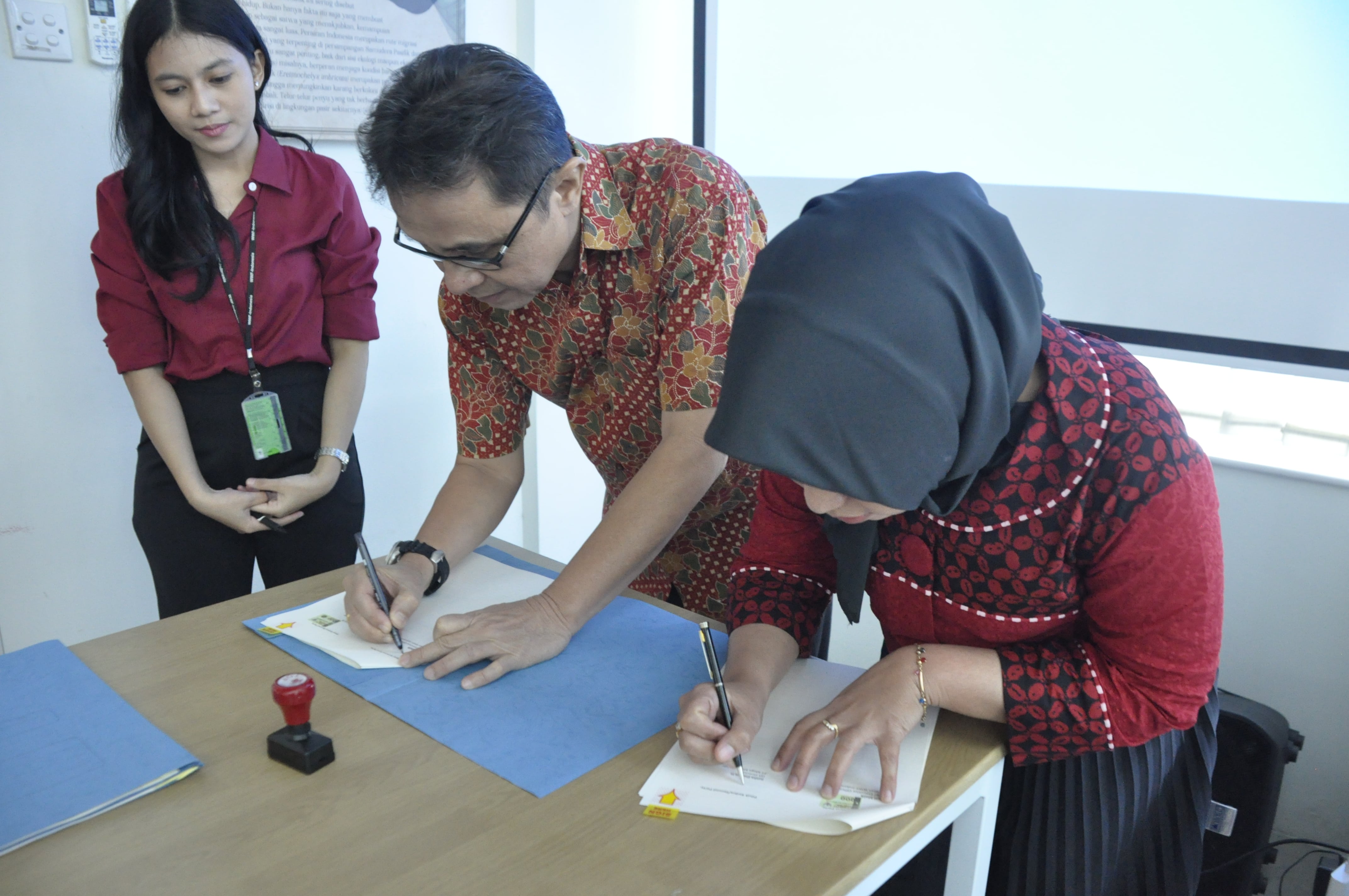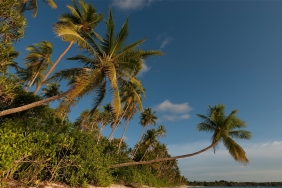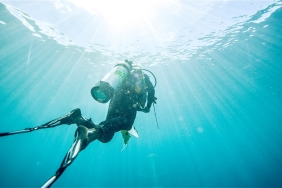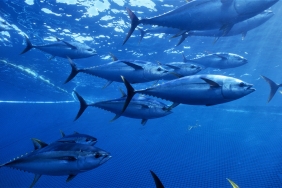FLASHBACK 2018: PT MEGA MARINE PRIDE AND WHITELEG SHRIMP AQUACULTURE IMPROVEMENT PROGRAM
The Improvement of Vannamei Cultivation Practices During 2018
Since 2017, PT Mega Marine Pride (PT MMP) joined Seafood Savers and registered vannamei shrimp (Litopenaeus vannamei) as a target for improving sustainable cultivation in East Java. Accompanied by WWF-Indonesia, PT MMP has made various improvements to cultivation practices, both from a technical and non-technical perspective.
Repair activities are carried out in order to fulfill all aspects required in the principles of the Shrimp Aquaculture Stewardship Council (ASC) for the ponds of its supplier, PT Delta Guna Sukses (PT DGS). Aspects that must be met include improving the environment around the cultivation area including maintenance of high conservation value areas and social aspects of the community and employment.
Throughout 2018, the company has made significant improvements to the technical side of cultivation. The company creates and implements several Standard Operating Procedures (SOP) and internal policies related to cultivation activities. The policies implemented include regulations prohibiting hunting of animals around ponds and annual mangrove planting, employment which includes the welfare and comfort of workers and also the use of materials to support the cultivation process.
On the social aspect, as a manifestation of the company's concern for community welfare and health issues, PT MMP and PT DGS consistently and continuously carry out free medical treatment programs and distribution of free groceries. This activity is carried out every month for all communities in Gumuk Mas Village, Jember Regency.
PT DGS also carried out a Rice Field Printing Program which was carried out on September 13 2017 in Gumuk Mas Village, Jember Regency, East Java. In addition, PT DGS also provides a suggestion box and actively coordinates and discusses with the community as a form of the company's openness to criticism and input.
Wastewater Treatment Plant, Reduce Environmental Pollution Impact
From an environmental point of view, an important aspect of intensive cultivation is reducing the potential for pollution due to waste generated from aquaculture activities. To overcome this, WWF-Indonesia encouraged PT DGS as the party that applied for the ASC certification and PT MMP to build a Wastewater Treatment Plant to reduce the impact of pollution on the surrounding environment.
PT MMP and PT DGS then made an WWTP by providing nine hectares of land, which serves to accommodate wastewater from the cultivation pond. WWTP was built as a treatment pond wastewater into water with proper quality standards and does not pollute when discharged into surrounding waters.
Support and Collaboration of Various Parties
PT MMP actively coordinates with the Jember Regency Fisheries Service in preventing and spreading shrimp diseases. The steps taken are to carry out disease tests and pond water content tests on an ongoing basis.
In addition, with support from Fish and Forest People Indonesia (FFPI), a Biodiversity Environmental Impact Assessment (BEIA) and Participatory Social Impact Assessment (PSIA) study was carried out in January - March 2018 at PT Delta Guna Sukses ponds and Gumuk Mas Village, Jember Regency, Java. East. The purpose of making this document is to find out biodiversity, environmental service values, as well as socio-economic and cultural values in the community living in the pond area. From the results of this study, farmers will receive instructions or steps on how to carry out cultivation without causing an impact on biodiversity and social communities.
Submit an ASC Certification Application Wastewater Treatment Plant, Reduce Environmental Pollution Impact
At the end of 2018, PT MMP and PT DGS had completed almost all of the requirements in the ASC-shrimp standard. As a follow-up to the entire series of improvements carried out in June 2018, PT MMP has submitted an ASC-Shrimp certification application to one of the Certification Agency Bodies (CAB).
The expected output of this process is that PT MMP and its suppliers will succeed in obtaining ASC certification as proof that the cultivation carried out is environmentally and socially responsible. Not only limited to obtaining certification, the company and WWF believe that all the efforts to improve cultivation that have been carried out will make a major contribution to accelerating the realization of sustainable fisheries in Indonesia.




